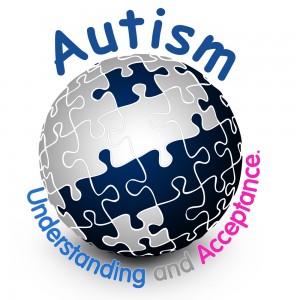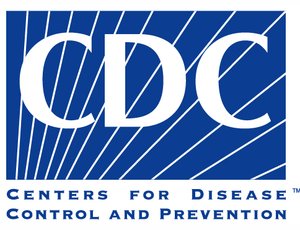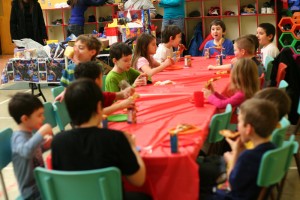So the month has begun… the month to bring Autism Awareness to the world. More so, to go beyond awareness and try to help people understand the people that have autism, help people understand how autism affects those people’s lives and most importantly, why they should want to know more about autism before they it comes time for them to need to know.
To start the month off, I thought I’d start with some straight forward information.
Facts
- Autism now affects 1 in 88 children and 1 in 54 boys.
http://www.cdc.gov/mmwr/preview/mmwrhtml/ss6103a1.htm?s_cid=ss6103a1_e - Approximately 67 million people worldwide are affected by autism.
http://foreignaffairs.house.gov/press_display.asp?id=185 - The WHO (World Health Organization) estimates that there are 1,100,000 cases of autism in China; 650,000 in the UK; 500,000 in the Philippines.
http://www.earlysignsofautism.com/what-is-the-global-incidence-ofautism/ - The cost of autism over the lifespan is 3.2 million dollars per person.
http://www.ncbi.nlm.nih.gov/pubmed/17404130 - Thoose who have more than one older sibling with ASD are about twice as likely to also be diagnosed with ASD, compared to those who have only one older sibling with ASD.
http://www.nimh.nih.gov/science-news/2011/autism-risk-in-youngersiblings-may-be-higher-than-previously-thought.shtml
Blogs
Here are some blogs that I particularly enjoy and find to have very honest, accurate and even bold points of view, where you can and will learn a lot about autism, should you choose to read them.
- Adventures in Extreme Parenthood
http://www.extremeparenthood.com/ - Left Brain/Right Brain
http://leftbrainrightbrain.co.uk/ - Still Looking Up
http://www.iamstilllookingup.com/ - Dude, I’m an Aspie
http://www.dudeimanaspie.com/ - The Autistic Me
http://theautisticme.blogspot.ca/ - Autistic Hoya
http://autistichoya.blogspot.ca/ - My Life as an Ungraceful, Unhinged, and Unwilling Draftee into the Autism Army
http://www.autismarmymom.com/ - Lost and Tired
http://lostandtired.com/ - The Domestic Goddess
http://thedgoddess.com/ - Just a Lil Blog
http://blogginglily.blogspot.ca - Four Plus an Angel
http://fourplusanangel.com - I’m Just That Way and That’s Just Me
http://www.imjustthatway.com - Seven Yuck Mouths & Autism
http://racersmommy.blogspot.ca - Journey’s With Autism
http://www.journeyswithautism.com/ - Stuff With Thing
http://www.stuffwiththing.com/ - 30 Days of Autism
http://30daysofautism.wordpress.com/
News
- The Autism News
http://theautismnews.com/ - Autism Key
http://www.autismkey.com/
Communities
- My Autism Team
http://www.myautismteam.com/ - Autisable
http://www.autisable.com/ - Wrong Planet – Autism Community
http://www.wrongplanet.net/ - Squag
http://www.squag.com/
My Request To You
I ask that you please take the time to read at least one article/story about autism that comes to you in your travels around the internet during the month of April and share it. Don’t just pick one at random though… pick one that looks like it may really move you or cause you to feel one way or another. Take the time to really read it… even if it’s just that one time.
And if it does move you, for good or bad, just so long as it makes you feel something… share it. Share it with your social media friends/followers… simply because I asked you to.
Please do not share to raise awareness. Everyone has heard of autism by now.
Instead, share to raise understanding. Share to help others be moved as well.
Because if you feel moved, if you feel anything, that means that you’re thinking about the person. It means that you are looking beyond the disorder.
When that happens, as more and more people begin to really understand, we’ll finally begin to see just how silly our notions of “normal” really are and how judging we can be sometimes when someone doesn’t fit that notion.
Only through understanding can there be acceptance. Only through acceptance can we truly be aware.













